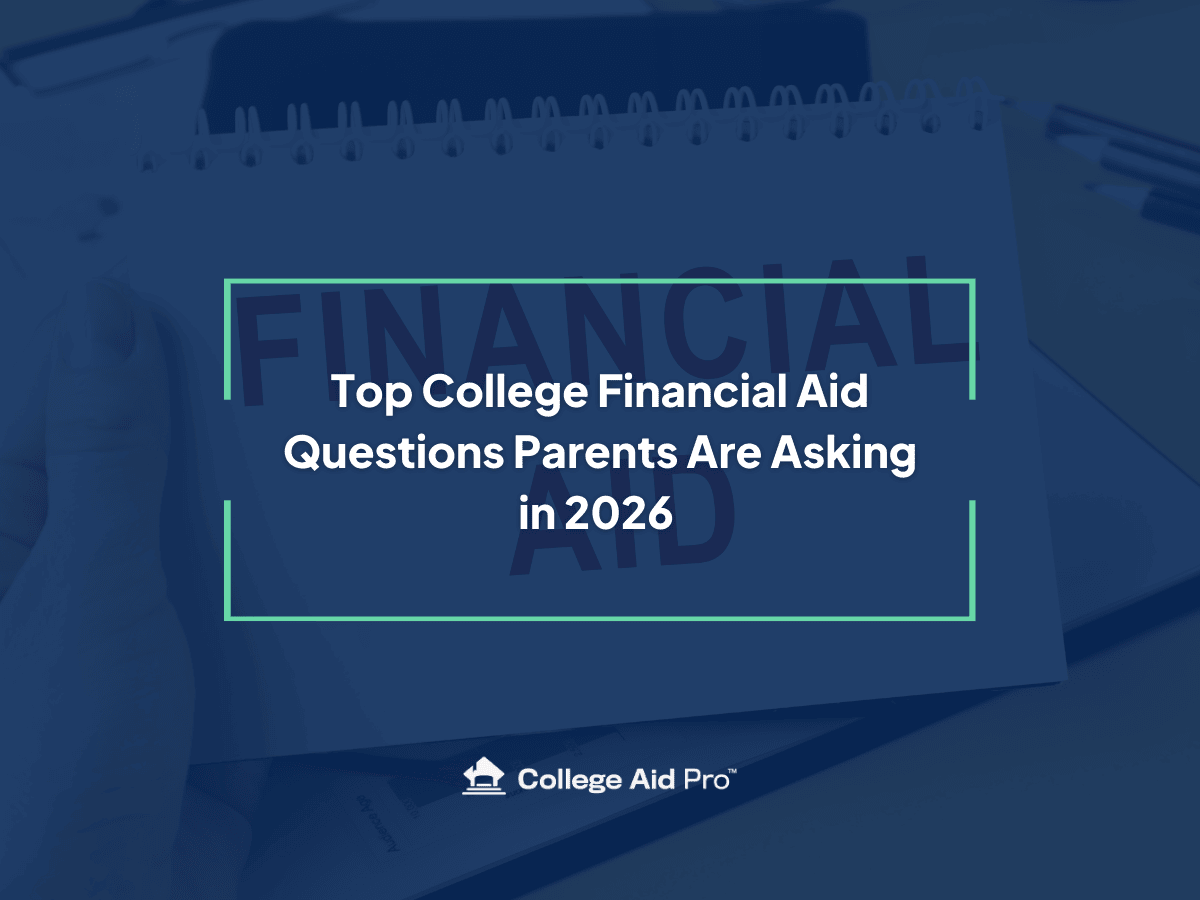This one’s for all you parents out there starting the college planning and application process with your high schoolers. Don’t you just love how colleges want your students to lead the college process because, after all, they’re “technically” adults. Never mind that their brains won’t be fully developed for another 7 years, and they regularly do things like put the milk in the pantry instead of the fridge or leave banana peels under their car seat for months.
So, to help you help them, we’ve put together our top 5 tips so you don’t have to learn the hard way, and to hopefully make this process a little less painful and a little more enjoyable.
Tip #1: Establish expectations up front
This one requires a meeting, maybe even an excursion to a coffee shop or restaurant. Take a notebook or laptop along to document your decisions. This will let your student know that the subject at hand is important. After all, this part of the college planning process is like a part-time job. There will be research, responsibilities, deadlines and a budget to follow.
During this meeting, you’ll want to discuss the steps involved in planning for college and a timeline for completing those steps along with who is responsible for doing what along the way. Document your decisions so that everyone comes away with a written description of their responsibilities.
This conversation is best approached with questions – not demands. What thoughts are you having lately about college? Are any of your friends putting together a college list yet? Are your teachers or school counselors talking about college planning?
Hopefully, you can gradually transition the conversation into the nuts and bolts of what steps need to be taken and who is going to do what and by when.
Ideally, you would have already had a conversation with your student about paying for college, but, if not, now is definitely the time. Kids need to understand what they can expect from you financially. How much are you willing to contribute to the cost of college? How much are they willing to take in student loans? How much can they expect from other sources like friends or family members?
Use these numbers to help you calculate a College Budget. The easiest way to create the budget is by setting up your free account at myCAP. Shopping for schools should always be done with this budget in mind.
When you finish your coffee, hopefully you’ll have a document that looks something like this, but definitely make it your own. After all, you’re the one who will be using it, so if it works for you then it’s perfect!
College Plan Expectations
| Steps To Take | Responsible Party | Due Date |
| Research schools | Sam and Mom | May 1 |
| Make list of schools to visit | Sam and Mom | May 15 |
| Plan trips | Mom | June 1 |
| Make final school list | Sam | August 1 |
| Complete applications | Sam | October 1 |
| Complete financial aid forms | Mom | November 1 |
| Meet weekly to discuss | Sam and Mom | Weekly on Tuesdays at 6pm |
College Budget
$____________ from savings and on-going cash flow
$____________ from family and friends
$____________ from student loans
$____________ Total
Tip #2: Set up a single email to share with your student
Email is how a lot of schools communicate with interested students. It makes sense to have a dedicated place to keep all of the college related emails flying back and forth in one accessible place. Pick an email address that sounds professional- first initial and last name and maybe a number related to their birthday is a common choice.
Make sure you have the password so that both you and your student can check it on a regular basis. Open it up at least weekly, preferably daily, especially around important deadline dates- including the spam folder! Having access to the email account allows you as the parent to put eyes on important information and then gently encourage or remind your kid to check it themselves.
This is especially important once you start submitting your applications for admission and financial aid. It is common to receive requests for additional information, and you definitely don’t want to ignore those, accidentally.
Tip #3: Set up a weekly meeting with your student
Anecdotally, one of the main reasons I hear kids say they haven’t gotten very far with college planning is because their parents keep nagging them about it. I get it, parents, your kids are in this funny juxtaposition between childhood and adulthood, and they’re simultaneously trying to squeak out all the remaining fun to be had in high school while also making one of the biggest decisions of their life to date. To say there may be some feet dragging is a huge understatement, but resist the urge to bring this up every 5 minutes.
Instead, what you might find more helpful is to establish a set weekly meeting time to sit down and give each other an update on what progress has been made and what steps need to be taken next. Record the outcome of these meetings alongside the expectations you already established in writing. In between the meetings – bite your tongue!
Tip #4: Keep your documents organized
You will need lots of information to complete applications and other forms over the next year. Do yourself a huge favor and keep all of this information together for easy reference. As a matter of fact, it is best to have both a physical and digital copy saved of each document. This step will save you so much time! Here is a list of information you’ll want to keep handy, but, believe me, this list is not exhaustive.
- Social security number
- Cell phone number (who memorizes these anymore?)
- Resume
- Transcript
- Name and contact information of guidance counselor
- Name and contact information of references
- SAT/ACT scores
- Admissions counselors names and contact information
- Log on information for college application portals
- FSAid
- List of admissions deadlines for each school
Tip #5: Set up a calendar
You’ll want to go a step further than just writing down deadlines. Because they are so crucial, and the steps to complete applications are usually quite involved, you should have a specific calendar set up with all deadlines related to your college planning. Additionally, put a reminder at least two weeks before each deadline and then another reminder one week before. A great way to stay on track with the calendar is to review it each week during your meeting.
This calendar can include school deadlines as well as tasks you would like to accomplish by a certain date. Some examples include:
- School list completion
- Recommendation Letter writers
- School application deadlines
- Financial aid application deadlines for each school
- Notation of when responses are expected from each school
- Decision deadlines
- Deposit deadlines
- Scholarship application deadlines
- Honors program application deadlines
While every family’s experience is unique, implementing these five strategies will make your college planning process easier than it otherwise would be. You aren’t writing essays or filling out the Common Application for your child, you are acting as an accountability partner. It’s the pre-adulting phase, like riding a bike with training wheels. Once you’ve got these set up, you’ll have more time to work on teaching the life skills needed in college (like doing laundry), and to hunt down that weird smell coming from your high schooler’s closet!



